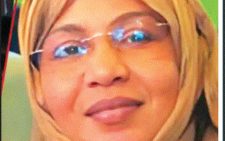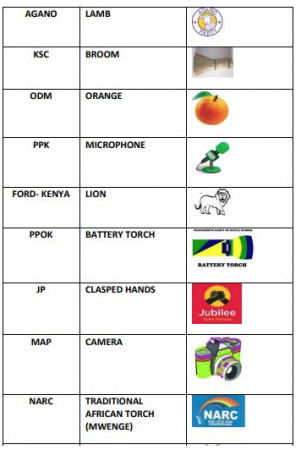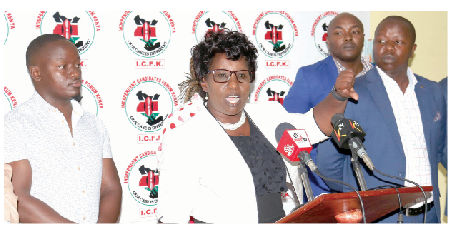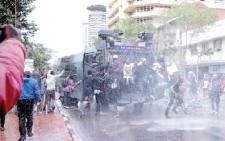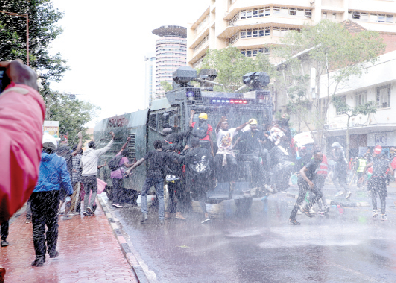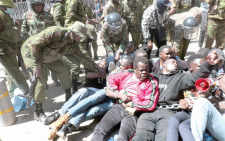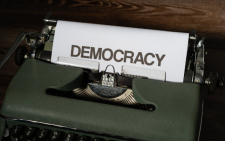Prepare for free and fair elections
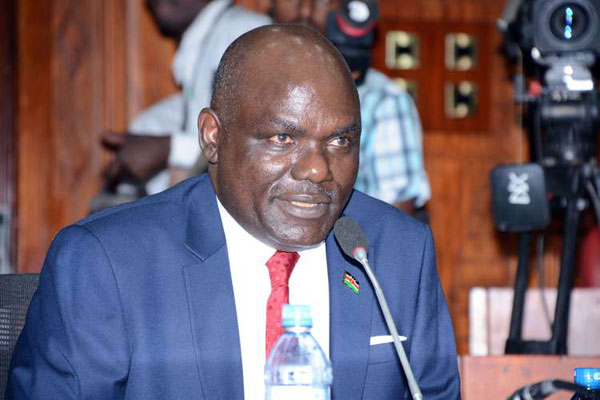
The country is set to hold elections exactly a year from today. Credible elections form the biggest cornerstone of any democracy.
It gives citizens the critical opportunity to make decisions about their governance. And in Kenya polls have always tested the bounds of our nationhood.
Highly contested elections have consistently exposed the country’s soft underbelly and bled grossly avoidable conflict including the shedding of blood. Ideally, the elections should be a healthy contest revolving around ideas and track records. But such is not the case in Kenya.
With the historic nullification of the 2017 presidential election, decisions by the various agencies should reflect lessons learnt to prevent a repeat.
The focus will be mainly on the Independent Electoral and Boundaries Commission, the police and the political leadership to ensure the next General Election will not only be credible, pegged on the threshold set in the Constitution as articulated by the 2017 Supreme Court decision cancelling the election, but ensure the country remains peaceful. And the major test lies in preparations and conduct of the election.
We are gratified by the fact that the process of filling vacancies at the national polls agency is at an advanced stage.
The presidency has already transmitted nominees for the positions to the National Assembly for vetting.
We ask the legislature to speed up the process but exercise the mandate with diligence.
We insist the various players create a suitable environment for healthy political competition to enable Kenyans make a decision on their leadership devoid tension.
And this calls for greater responsibility on the political class. The unfortunate tendency has been to retreat to their home regions to whip up ethnic nationalism and incite neighbours against each other.
The next election must be based on issues and moderated with discipline.
Article 1 of the Constitution proclaims all sovereign power belongs to the people which they can exchange directly or through their democratically elected representatives.
This gives Wanjiku the biggest tool in determining elective leadership. But there have been critical questions about the basis for solidarity with politicians during elections.
The Kenyan voter continues to be beholden to primordial considerations such as ethnicity and financial incentives while making critical decisions around leadership.
The Kenyan voter continues to reward individuals with dubious records with leadership only to complain later.
